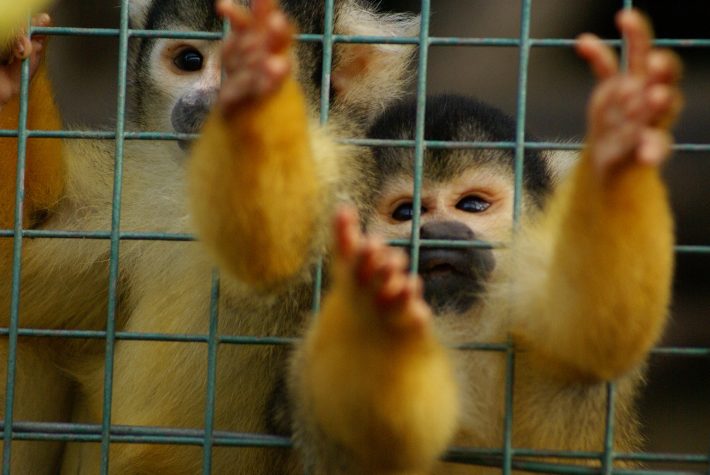Applied ecology in times of COVID-19
In these unusual and often challenging times, a Senior Editor for the Journal of Applied Ecology raises the questions of how COVID-19 could influence the direction of, and priorities in, applied ecological research.

SARS-CoV-2 and COVID-19 have drastically changed our lives and routines – as I write this, my two-year-old is desperate for me to make her a cheese empanada out of playdoh. Aside from the practicalities of day-to-day life, one important consideration is the potential changes to society’s perception of ecology and its role in solving or preventing environmental problems.
Every day on social media, I see people from a range of backgrounds and disciplines talking about concepts that we applied ecologists know really well. It is very inspiring to see people talking about the mechanisms of dispersal of an organisms (aerosols, droplets, other?); priority effects (what happens if flu virus comes before coronavirus?); host switch (where did SARS-CoV-2 come from?); evolution of virulence (is it getting worse or better?); barriers to spread, the role of early detection rapid response; biogeographical origins, etc. When viewed in this way, we can see the applied aspect of many concepts present in ecology and evolution.
Applied ecology may be desperately needed in the global community
Applied ecology could also help solve a number of key problems that the global invasion of SARS-CoV-2 has exposed. How we can reach a relationship with nature that allows a safe and sustainable coexistence for all? Many people rely on wild animals for food and income; how can we make is safer?
Making our interactions with wildlife safer and more sustainable is one clear example where applied ecology may be desperately needed in the global community. For example, knowing which species can be safely harvested and which ones should not, will need even more attention from ecologists and researchers in related areas. Not only is this clearly important when considering the prevention of future epidemics and pandemics, but also in helping to prevent the extinction of vulnerable species.
Could applied work be needed more than ever before?
Moreover, a deeper knowledge of microbial diversity and disease ecology seems to be fundamental to both of these important goals, as well as many more. Many of us have been working on these ideas for decades, but clearly more is needed. Ecological research on diseases, impacts of invasive species and wildlife trade in relation to human health seem to be topics that may get more attention in the coming years.
We live on a changing planet. It took humans tens of thousands of years to leave one continent but today we can go from Pappete to Paris in 15 hours. Perhaps it is time we consider safer ways to move around the globe, and to reach a healthier relationship with the environment that surround us. Ecology is a science ready to help contribute to the solution. It is still too early to know the full impacts of COVID-19 on biodiversity but there is a definite need to find safe and sustainable solutions. From an ecology perspective, could applied work be needed more than ever before?
Like what we stand for?
Support our mission and help develop the next generation of ecologists by donating to the British Ecological Society.